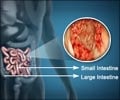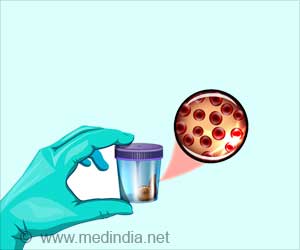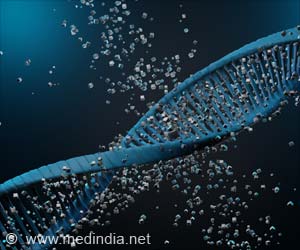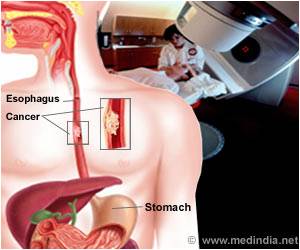Ku70 serves as a valuable immune biomarker, aiding in the prediction of outcomes for individuals diagnosed with bowel cancer.

Ku70 senses cytosolic DNA and assembles a tumor-suppressive signalosome
Go to source)
Activating the Ku70 Protein with a Drug Switch
According to lead author Dr Abhimanu Pandey, from ANU, the protein, known as Ku70, can be activated or “turned on” like a light switch by using a combination of new and existing drugs. “In its activated state, the protein acts like a surveillance system, detecting signs of damaged DNA in our cells,” Dr Pandey said.‘Manipulating the immune system's Ku70 protein holds potential for overcoming bowel cancer. #cancer #bowelcancer #ice’





“DNA is the genetic code of life. Damaged DNA is a sign of danger that can turn healthy cells into cancer cells." Bowel cancer is the fourth most diagnosed cancer in Australia. It’s estimated one in 20 people will be diagnosed with bowel cancer by the age of 85. Under the National Bowel Cancer Screening Program, Australians aged between 50 and 74 receive a free bowel screening test every two years – an effective measure to promote early detection and treatment. Although the risk of developing bowel cancer is higher in people aged over 50, an increasing number of younger Australians are being diagnosed with the disease. One in nine new bowel cancer cases now occur in Australians under the age of 50.
Professor Si Ming Man, also from ANU, said future bowel cancer screening methods could include checking the levels of Ku70 in pre-cancerous polyps, abnormal growths of tissue found in the colon, before healthy cells turn cancerous.
Ahead of World Cancer Day on 4 February, the ANU researchers are calling for people of all ages to be aware of the signs and symptoms of bowel cancer.
“We know early detection and treatment is vital to overcoming not only bowel cancer, but potentially other cancers as well,” Professor Man said.
Advertisement
Reference:
- Ku70 senses cytosolic DNA and assembles a tumor-suppressive signalosome - (https://www.science.org/doi/10.1126/sciadv.adh3409)















